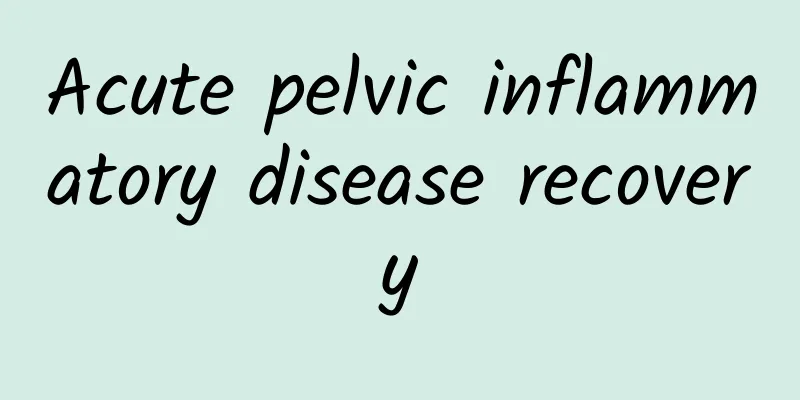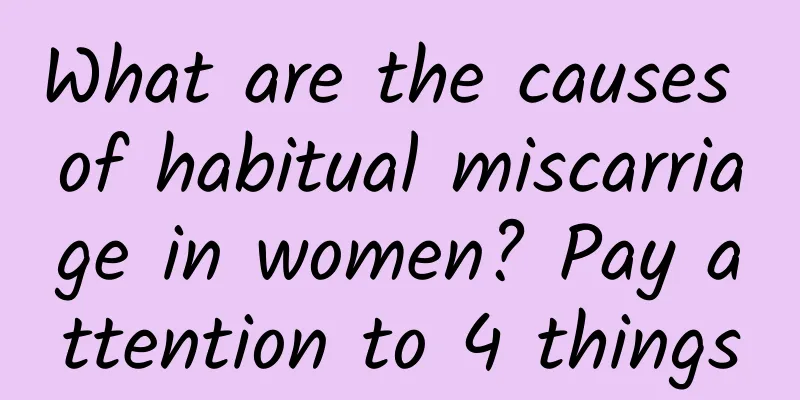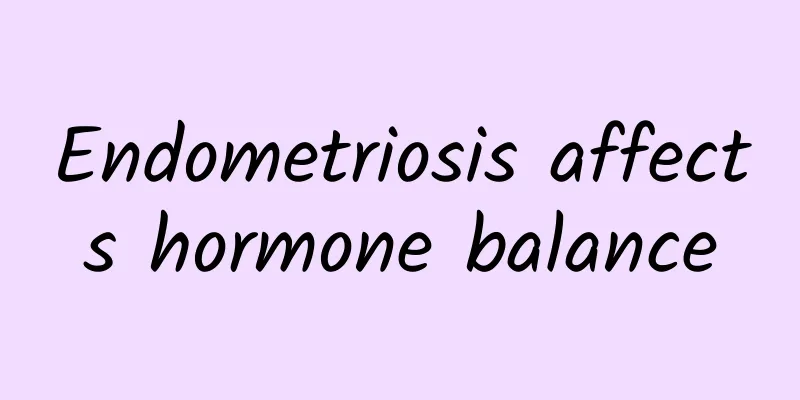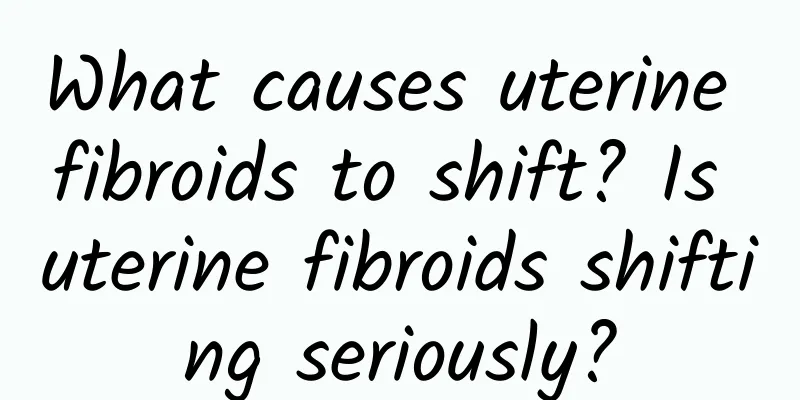What is the cause of the right ovarian cyst? What should women do?

|
The formation of right ovarian cysts may be caused by genetics, environment, hormone imbalance, inflammatory response or other diseases. It is recommended to choose medication, surgical treatment or lifestyle adjustment to deal with it according to the specific cause after diagnosis. 1) Genetic factors: Ovarian cysts are hereditary in some families, especially polycystic ovary syndrome (PCOS). If there is a family history of this disease, you need to pay special attention, and regular gynecological examinations are an important means of prevention. If it is confirmed to be caused by genetic factors, you can consider regulating hormone levels through medication, such as oral contraceptives or progesterone drugs, to help regulate endocrine. 2) Environmental factors: Bad living habits such as high-fat and high-sugar diet, long-term high-pressure work or mental stress may promote the formation of cysts. It is recommended to improve these habits, such as doing 30 minutes of light to moderate intensity aerobic exercise (such as brisk walking, yoga) every day, adjusting the diet structure, reducing the intake of high-sugar and high-fat foods, and increasing the intake of fruits and vegetables rich in antioxidants. 3) Imbalance of hormone levels in the body: Excessive estrogen secretion may easily lead to the formation of ovarian cysts, such as functional cysts. For such cysts, doctors usually recommend drug treatment, such as short-term use of ovulation-stimulating drugs to relieve symptoms, or monitoring cyst changes through transvaginal ultrasound. In many cases, the cysts can disappear on their own. 4) Causes of inflammation or disease: Common inflammations such as pelvic inflammation and ovarian tissue infection can also easily induce cyst formation. This requires the intervention of professional doctors. Standard treatment methods include antibiotic treatment. Commonly used drugs include metronidazole and azithromycin to eliminate inflammation. At the same time, chronic infections require long-term follow-up to avoid recurrence. 5) Necessity of surgical treatment: If the cyst is large (>5 cm in diameter) or there is a risk of malignant transformation, surgical treatment is often required, such as laparoscopic surgery, cyst removal, or partial ovarian removal. The doctor will develop a surgical plan based on the patient's age, fertility needs, and the nature of the lesion. If the right ovarian cyst is diagnosed as benign and has no obvious symptoms, regular checkups are sufficient; however, for cysts with symptoms or risk of malignancy, timely treatment is very important. It is recommended that all women pay attention to changes in their bodies, have regular gynecological examinations, and take the initiative in their health. |
<<: Can I get pregnant naturally with cervical adhesions?
>>: Is acute cervical lymphadenitis serious in children?
Recommend
How to detect ectopic pregnancy earlier?
How to detect ectopic pregnancy earlier? Most peo...
Does female cervical erosion affect the fetus? Does female cervical erosion need treatment?
Some pregnant women find out that they have cervi...
How long after abortion can I touch cold water?
Abortion mainly refers to the abortion surgery. G...
How to Eat Reasonably for Patients with Uterine Effusion
We all know that diet is very important after we ...
How to Abort an Ectopic Pregnancy
How to abort an ectopic pregnancy? 1. The medical...
Nursing for moderate cervical hypertrophy and erosion
The care of cervical hypertrophy and moderate ero...
What are the drugs for treating dysmenorrhea?
Dysmenorrhea, also known as menstrual pain, is ma...
Will ovarian cysts cause symptoms of irregular menstruation? How to prevent ovarian cysts
Will ovarian cysts cause symptoms of irregular me...
How to treat cervical warts
Cervical warts are also particularly serious gyne...
How much does it cost to cure endometrial thickening?
Thick endometrium causes pain in the patient'...
Abortion surgery review examination items
Abortion is common. If women do not want to have ...
How should women prevent cervicitis? The 6 most effective treatments for female cervicitis
Can I take amoxicillin to reduce inflammation in ...
The main harmful manifestation of painless abortion
There are many types of abortions, and painless a...
Symptoms after painless abortion
Symptoms after painless abortion Painless abortio...
What foods can you eat after a miscarriage?
Women who have had a miscarriage are weak and nee...









